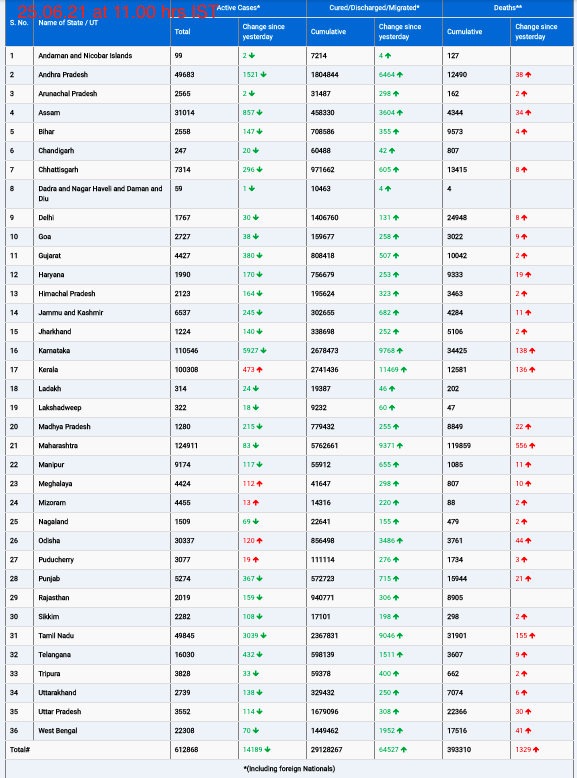A recent study published in Neurology suggests a concerning link between earlier menopause, heightened cardiovascular risk factors, and an increased risk of cognitive decline later in life. The study, led by Jennifer Rabin, Ph.D., from the University of Toronto, sheds light on the complex interplay between hormonal changes, cardiovascular health, and cognitive function in women.
The research, which involved 8,360 female participants and an equal number of age-matched male participants enrolled in the Canadian Longitudinal Study on Aging, focused on understanding how the timing of menopause influences cognitive health in later years.
According to Dr. Rabin, “While cardiovascular risk factors are known to increase a person’s risk for dementia, what is lesser known is why women have a greater risk for Alzheimer’s disease than men. We examined if the hormonal change of menopause, specifically the timing of menopause, may play a role in this increased risk.”
The findings revealed that women who experienced menopause before the age of 49, coupled with higher cardiovascular risk factors, exhibited lower cognitive scores over a three-year period compared to their male counterparts of the same age group. The study underscores the significance of considering both menopausal age and cardiovascular health in assessing the risk of cognitive decline.
Researchers categorized female participants into three groups based on the timing of menopause: earlier menopause (ages 35-48), average menopause (ages 49-52), and later menopause (ages 53-65). They also examined various cardiovascular risk factors such as high LDL cholesterol, diabetes, obesity, smoking, and high blood pressure.
“Our study suggests that earlier menopause may worsen the effects of high cardiovascular risk on cognitive decline,” explained Dr. Rabin. “Since our study followed participants for only three years, more research is needed over longer periods of time. Our findings highlight that age at menopause as well as cardiovascular risk should be considered when developing prevention strategies for cognitive decline.”
However, the study has its limitations, including the self-reported nature of menopausal age and the absence of data on participants who underwent hysterectomy or ovary removal surgeries.
As researchers delve deeper into understanding the intricate relationship between hormonal changes, cardiovascular health, and cognitive function, these findings underscore the importance of early intervention strategies to mitigate the risk of cognitive decline among women experiencing menopause and cardiovascular risk factors.
For more information on the study, the full publication can be accessed in the online issue of Neurology.











